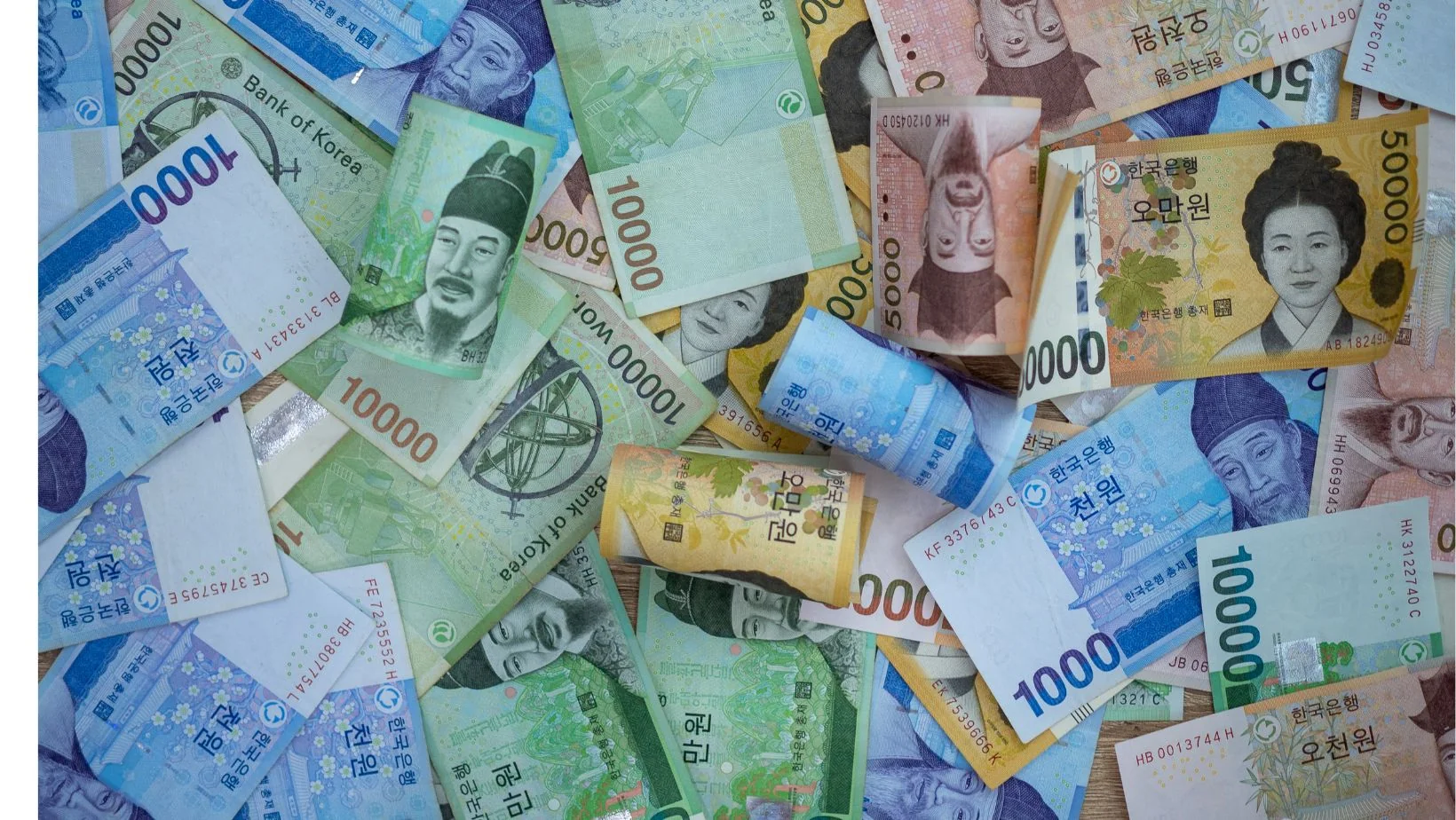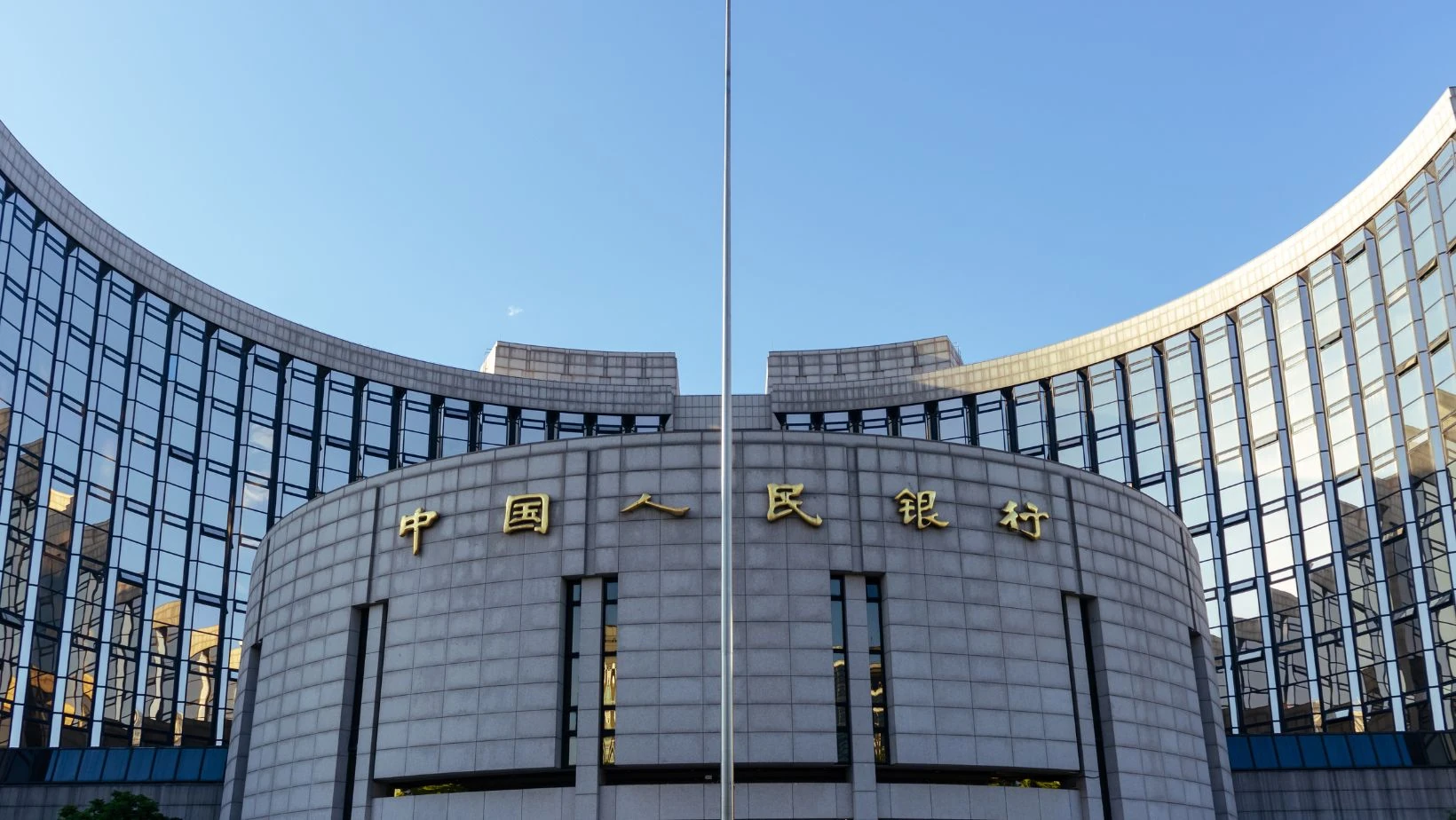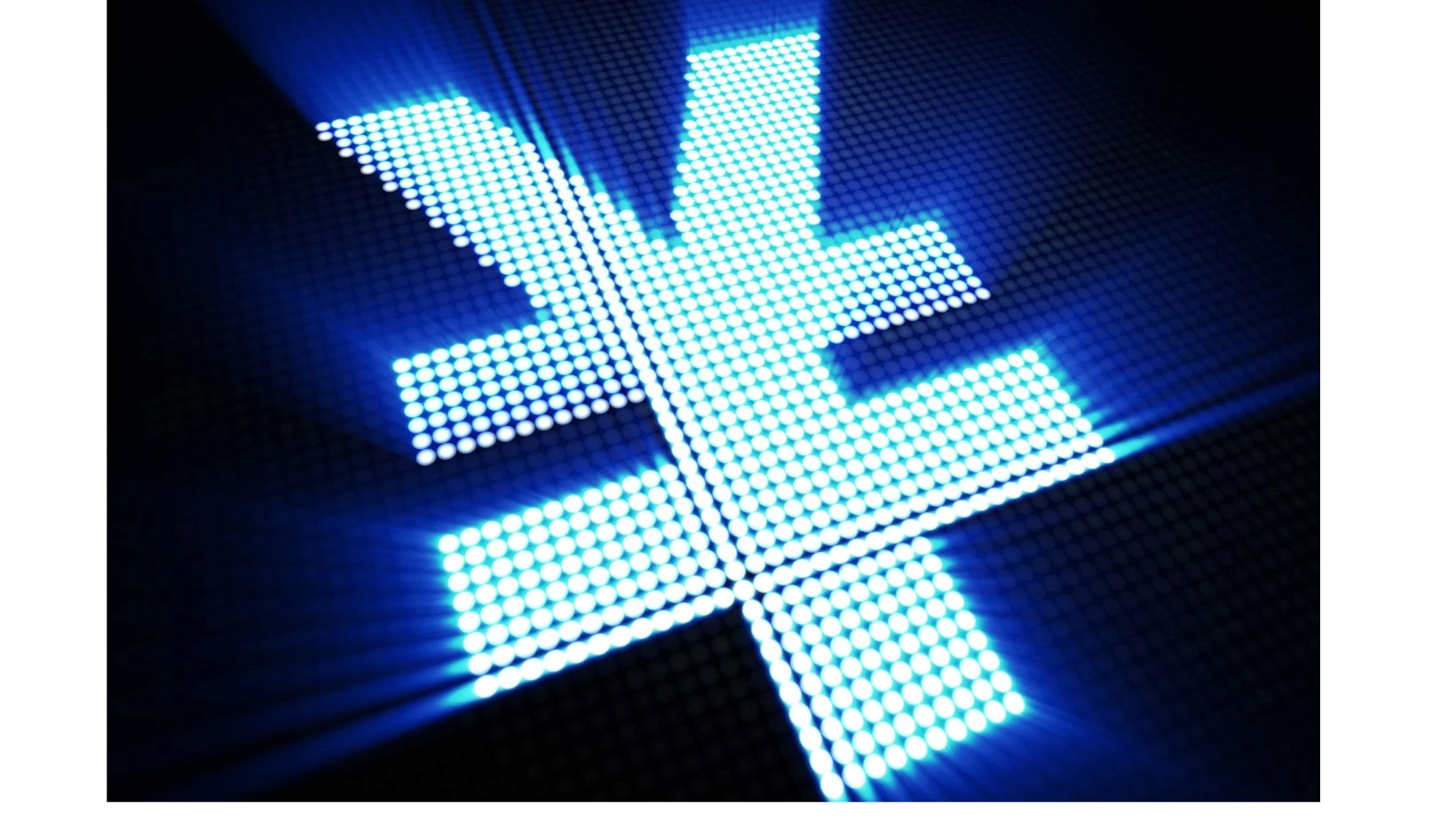How to buy Chinese Yuan – Tutorial
Table of Contents
As the Chinese economy continues to play an increasingly important role in international trade and the yuan continues to be accepted, more and more investors are looking for ways to access Chinese currency. The Chinese yuan is still slightly pegged to the US dollar and is not yet fully traded, but it is rapidly approaching that state and is becoming cheaper for investors. Investors have several options for investing in RMB, including buying RMB directly and holding it in cash, investing in a fund holding RMB, and purchasing RMB futures contracts. However, every investment has its own unique feel.

Growing economy
As the Chinese economy continues to expand and China rapidly emerges from its market-led position to become the world’s leading economy overall, the value of the Chinese yuan is growing significantly worldwide. China’s commitment to a more critical position in the global financial economy was reflected in the establishment of the Asian Infrastructure Investment Bank (AIIB) and crisis preparedness, a kind of mini-IMF for the Asia-Pacific region.
To further strengthen China’s position, the International Monetary Fund (IMF) has added the Chinese yuan to its reserve list, which will be used in part for central bank operations. The Chinese Yuan and Renminbi are often used as exchange currencies in China. However, the yuan is considered the official currency of China. The Chinese yuan is used to facilitate global and financial transactions and is often used abroad (outside China), while the renminbi is more often used on land within China.
Good to know!
Other currencies considered reserves include the US dollar, euro, British pound, and Japanese yen. The rising Chinese yuan status means it can be used more frequently in world trade and international financial transactions.
Capital management
However, the Chinese government still controls the value of the yuan and the yuan exchange rate and controls capital movement, preventing Chinese investors from withdrawing money from China. It is unlikely that the yuan or the Renminbi will replace the US dollar as a world reserve until China can move its currency freely and investment can move freely both domestically and internationally. Reserves are used to set prices for commodities such as gold and crude oil and to promote global trade in developing countries where exchange rates and financial systems are less stable. However, it is no exaggeration to say that the Chinese currency has become the international trade center.
Keep cash in yuan

Bank of China has branches in New York, Chicago, and Los Angeles, where investors can open high-yield or high-yield savings accounts in US dollars but are in RMB denomination. The investor must convert the money back to US dollars to withdraw. As long as they keep their money in this account, investors will benefit from the appreciation of the Chinese currency.
TIAA Bank also offers the opportunity to open an RMB bank account through a WorldCurrency Access savings account. A minimum deposit of $2500 is required to open an account. You are eligible for an IRA, and monthly service charges may apply. As long as RMB cannot be obtained, withdrawals are only possible in USD. However, currency conversions usually have a 1% spread that is incorporated or added to the conversion rate.
How to exchange Chinese currency
If you need a sizable strategy or want to get the most out of your money, change your money to RMB. Unfortunately, this is not a universal process.
The most common ways to exchange Chinese Yuan are:
• Order RMB from your home bank
Most banks outside of China don’t keep a lot of foreign currency on hand, so you’ll need to pre-order RMB. Unfortunately, you cannot go to the bank and get as much currency as you want. The purchase price depends on the bank exchange rate at the time of the order and varies slightly from bank to bank.
Exchange your currency into Chinese Yuan at the airport or your hotel. When traveling abroad, you can find currency exchange kiosks when making reservations at airports and hotels. This is the most convenient way to buy RMB, but it costs a terrible exchange rate. Because of this, booths are my least favorite way to get yuan.
• Withdrawal of RMB from ATMs
Most foreign travelers usually use Chinese ATMs as it is very convenient to collect cash. ATMs are located almost around every corner (and airports) and usually have reasonable exchange rates. But beware: fees may go up. Order a minimum of $5 in commission at your local bank and the amount your bank charges you at home.
(Risk warning: Your capital can be at risk)
Exchange Chinese Yuan at a local bank

This is the cheapest way to exchange Chinese Yuan. There are no fees, and you always get the best exchange rates from Chinese banks. The problem is that you can stay in the bank long enough and run into language barriers. Changing big money saves money. If it’s less than a few thousand yuan, it’s best to use an ATM machine.
Chinese exchange rate
Chinese currency cannot be freely exchanged. In other words, the RMB exchange rate is sometimes influenced by the government and is difficult to predict. In fact, the Chinese government does not like large fluctuations in the yuan exchange rate and often intervenes to avoid them. There are sites where you can see the official exchange rate for RMB in real-time, and it is also used to change RMB while traveling in China.
Good to know!
However, for those planning a future trip to China, if you feel that the exchange rate between your home currency and the RMB will tend to rise or fall in the future, book a guided tour of China in advance. This is a great way to reduce currency loss.
If you believe your home currency (e.g., US dollar or Euro) will strengthen against the yuan in the future, you can book and pay for it by paying only 10% of the travel price at the closing time. Pay the rest at a favorable exchange rate as your trip gets closer. Meanwhile, if you expect your currency to weaken against the yuan in the future, you can block the exchange rate by prepaying up to 100% of the fare. If you don’t know how the RMB exchange rate changes, you can pay 50% of the price of the trip at the time of booking and the rest as the trip approaches. So you’re actually paying at the average rate.
Invest in RMB via ETF or ETN

Another way to invest in the RMB is through commercial exchange funds (ETFs) designed to work with the value of the Chinese yuan. One of them is Invesco’s Chinese Yuan Dim Sum Bond Portfolio. Although issued outside of China, this ETF is still invested in a portfolio of zero-bond portfolios denominated in RMB. The fund offers RMB equivalent capital gains, which are generous dividend yields ranging from 3.50% to 4.00% per annum. A dividend is usually a cash payment to an investor in exchange for an investment in a guarantee, fund, or stock. The fund also offers the potential for capital gains from bond growth.
One of the most traded RMB ETFs is the WyfdomTree Dreyfus Chinese Yuan Fund. The fund aims to reflect the dynamics of interest rates in China and the value of the yuan against the US dollar. There is also a Chinese Renminbi/ETN market vector that tracks the S&P RMB Composite Yuan Index to measure the overall performance of the yuan against the US dollar. ETNs are similar to ETFs, except that they typically invest in assets other than stocks. The underlying ETN market vector index contains unattainable 3-month volatility yuan/currency futures.
A forward exchange contract sets the exchange rate for both sides today, allowing both parties to exchange the two currencies, which will settle at some point in the future. The initial forward contract is settled or terminated upon expiration. The exchange rate difference between the actual trade and the counter trade is the gain or loss of the exchange rate change. The net difference is usually calculated in dollars, and the yuan does not change hands.
The future of Chinese yuan and foreign exchange trading

Investors looking to increase their RMB investment through leveraged funds may consider trading currency futures or foreign exchange markets. Leveraged trading uses loan funds to increase returns or returns on investment. However, just as leverage increases profits, so can losses.
Yuan/RMB futures are traded in the RMB symbol on the Chicago Mercantile Exchange (CME). RMB futures options are also available. Futures are financial derivatives because they derive their value from the underlying investment. Forward contracts can be used for currency and commodity speculation. However, unlike forward contracts, where the amount and settlement date can be adjusted, futures define an expiration date and a standardized date.
A limited number of currency brokers offer to trade the US Dollar-RMB currency pair (USD/CNY). This type of investment is very leverage-friendly, so it is only suitable for investors willing to take a higher level of risk that entails a much higher return.
Conclusion – Take advantage of this knowledge about the Chinese currency!
As China’s economy continues to expand, the yuan is recognized worldwide. An investor can open a savings account in USD to place a position in RMB, but this account is referred to as RMB. Investors can also purchase exchange-traded funds (ETFs) that reflect the performance of the Chinese yuan.
(Risk warning: Your capital can be at risk)
FAQ – The most asked questions about buying the Chinese Yuan:
How to buy the Chinese Yuan?
Traders who wish to trade Chinese Yuan can purchase it. They would require the help of a forex broker in buying and trading Yuan. So, to buy Chinese Yuan, you can signup on a trading platform. However, before choosing any forex broker for trading Yuan, you must ensure that the forex broker lets you access this international currency. Then, a forex trader can trade Yuan without any hindrance.
What is the benefit of buying a Chinese Yuan?
A Chinese Yuan benefits a trader greatly. First, a trader can make money instantly because of its high volatility. Forex trading of currencies such as the Yuan offers traders immense profit opportunities. It is also a little stable, so if traders indulge in forex trading considering long-term investments, they can trust the Chinese Yuan. Besides, you can always trade it as a forex currency pair for additional volatility.
Does buying and trading the Chinese Yuan guarantee profits?
Buying and trading any underlying asset does not guarantee traders any success. However, the Chinese Yuan can serve you as a profitable trading asset only if you develop the right technical analysis while trading it. A trader would need to monitor the Chinese Yuan’s price movements and secure a trading strategy that will prove effective in the long run. Only then Chinese Yuan trading will guarantee profits.
Last Updated on February 17, 2023 by Andre Witzel

